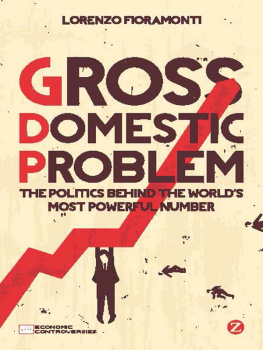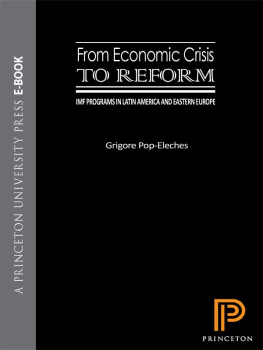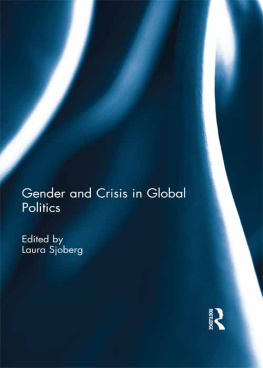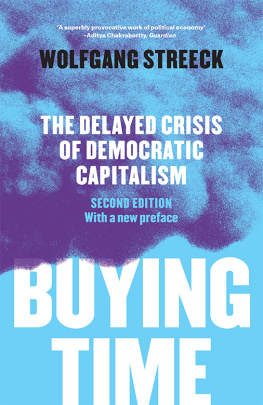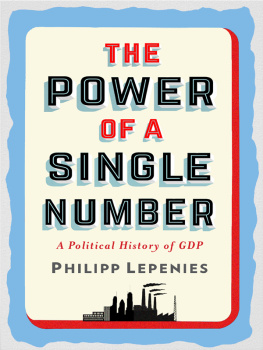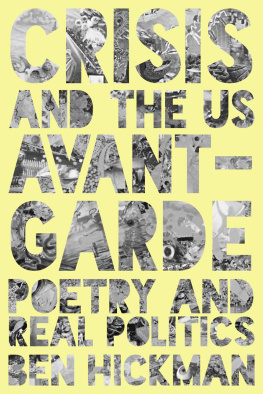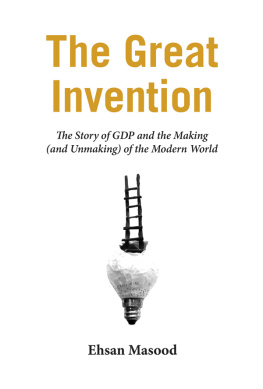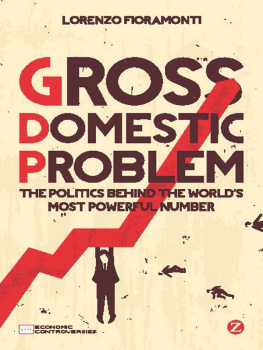
ECONOMIC CONTROVERSIES
Innovative and thought-provoking, the Economic Controversies series strips back the often impenetrable facade of economic jargon to present bold new ways of looking at pressing issues, while explaining the hidden mechanics behind them. Concise and accessible, the books bring a fresh, unorthodox approach to a variety of controversial subjects.
Also available in the Economic Controversies series:
Robert R. Locke and J.-C. Spender, Confronting Managerialism: How the Business Elite and Their Schools Threw Our Lives Out of Balance
Heikki Patomki, The Great Eurozone Disaster: From Crisis to Global New Deal
Yanis Varoufakis, The Global Minotaur: America, Europe and the Future of the Global Economy
ABOUT THE AUTHOR
LORENZO FIORAMONTI is Jean Monnet Chair in Regional Integration and Governance Studies and Associate Professor of Political Science at the University of Pretoria (South Africa), where he directs the Centre for the Study of Governance Innovation. He is also Senior Fellow at the Centre for Social Investment of the University of Heidelberg and at the Hertie School of Governance (Germany) as well as Associate Fellow at the United Nations University. He is the author of numerous books and articles about development policies, alternative economies and social progress indicators and the director of a short film documentary on GDP and climate change, which can be viewed at his blog, www.globalreboot.org.
GROSS DOMESTIC PROBLEM
The politics behind the worlds most powerful number
______________________
LORENZO FIORAMONTI

Zed Books
LONDON | NEW YORK
To my wife, Janine, and my son, Damiano,
who make my life worthwhile
Gross Domestic Problem: The Politics behind the Worlds Most Powerful Number was first published in 2013 by Zed Books Ltd, 7 Cynthia Street, London N1 9JF, UK and Room 400, 175 Fifth Avenue, New York, NY 10010, USA
This ebook edition was first published in 2013.
www.zedbooks.co.uk
Copyright Lorenzo Fioramonti 2013
The right of Lorenzo Fioramonti to be identified as the author of this work has been asserted by him in accordance with the Copyright, Designs and Patents Act, 1988
Designed and typeset in Monotype Bulmer by illuminati, Grosmont
Index: John Barker
Cover design by www.reactor15.com
All rights reserved. No part of this publication may be reproduced, stored in a retrieval system or transmitted in any form or by any means, electronic, mechanical, photocopying or otherwise, without the prior permission of Zed Books Ltd.
A catalogue record for this book is available from the British Library Library of Congress Cataloging in Publication Data available
ISBN 978 1 78032 275 9
Contents
Acknowledgements
The idea for this book came a few years ago, when I was invited by the Italian National Institute of Statistics (ISTAT) to participate in a meeting on alternative measures to the gross domestic product (GDP). It was a gathering of esteemed progressive economists and statisticians, which laid the groundwork for a fruitful partnership with civil society groups that continues to this day. As the only political scientist involved in the proceedings, I immediately realized that something was missing. While the discussion was all focused on how to improve statistical research, I felt that some analysis of the history and politics of GDP was also necessary to understand this numbers powerful grip on our societies. So my first thanks go to ISTAT for inviting me, especially Tommaso Rondinella and the institutes president Enrico Giovannini, who have dedicated their careers to rethinking GDP.
The research that went into this book would not have been possible without the support of the Centre for Social Investment (CSI) at the University of Heidelberg, Germany. They offered me a generous fellowship, supported through a donation of the Compagnia di San Paolo, to conduct research on whatever subject I fancied. This fellowship was a real luxury, especially in todays world, where academic freedom is ever more influenced by top-down imposed priorities and trapped into tight schedules of productivity. My gratitude, then, goes to the CSI management and, especially, to Georg Mildenberger for reading and commenting on each and every page of the manuscript.
As always, I owe an intellectual debt to a long list of people, which no matter how crowded could never be exhaustive. Among these I wish to mention Mario Pianta of the University of Urbino, Italy, who is also one of the promoters of the alternative economy web forum Sbilanciamoni.info; Helmut K. Anheier, who is the dean of the Hertie School of Governance, Berlin, Germany; and my South African colleagues, in particular Maxi Schoeman, Mzukisi Qobo and Prince Mashele of the University of Pretoria. Moreover, I would like to thank my editor, Ken Barlow, and the whole team at Zed Books for their support and magnificent assistance.
I completed the manuscript while sitting in my home office in Berlin, where I lived with my wife and son for most of 2012. It was the perfect location to work on a book about GDP, as the German capital provides a wealth of cultural resources amid an extremely laid-back atmosphere. Despite the inevitable aberrations of any urban settlement, the proximity of nature and the abundance of public spaces, playgrounds and other areas for leisure free of charge make Berlin one of the few big cities in the world where some type of alternative life is still possible.
Lorenzo Fioramonti
Berlin, October 2012
INTRODUCTION
The worlds most powerful number
We are stealing the future, selling it in the present, and calling it GDP.
Paul Hawken
What we measure affects what we do; and if our measurements are flawed, decisions may be distorted.
Commission on the Measurement of
Economic Performance and Social Progress
Roughly eighty years after the Great Depression of the 1930s, the world has known another catastrophic financial and economic collapse. The Great Recession that began in 2008 has by no means been the only crisis that globalized capitalism has known in the past few years. Yet it has been the largest in scale. Exports have plummeted, jobs have been lost throughout the world and investment has fallen. Home foreclosures have become a daily routine, especially in the United States and in Southern Europe, where personal and public debt has reached unprecedented levels. Even an economic giant such as the European Union (the largest market on earth) has been taken on a financial roller coaster, spurring divisions among member states and rehashing old resentments across European peoples.
Although media attention is almost exclusively focused on the worlds treacherous road to economic recovery, the turmoil triggered by the economic crisis and the preoccupations with climate degradation seem to suggest that a business-as-usual solution to the worlds problems is no longer feasible. As part of this process, an important albeit still marginal debate on the sustainability of the current economic system based on infinite economic growth has commenced. Such a critique is not only focusing on the inherent instability of market dynamics, but also on the more long-term impact that growth processes exert on the planets limited natural resources and societal well-being at large. Does our quality of life improve when the economy grows by 2 or 3 per cent? Can we sacrifice our ecosystems to safeguard an economic framework marred by internal inconsistencies and imbalances? For the first time, the gross domestic product, which is the popular icon of economic growth, is being called into question. Even a defender of economic conservatism such as
Next page
